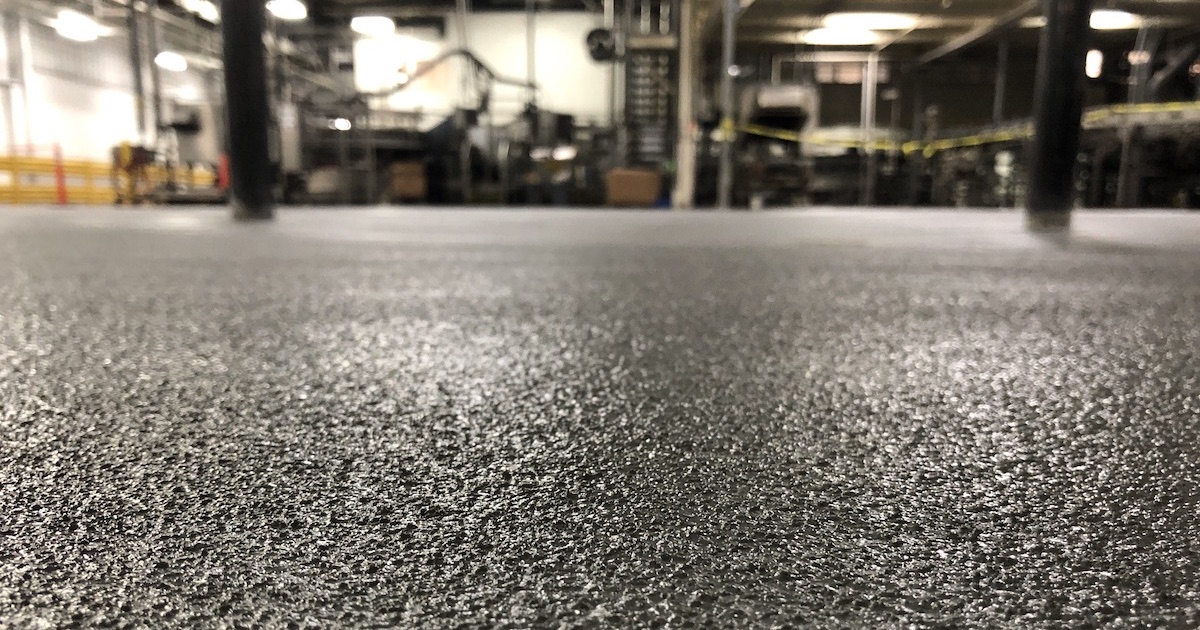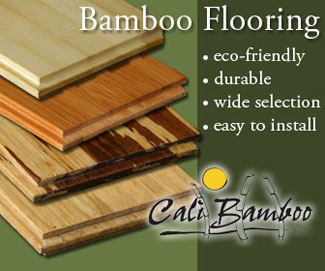Durable Brilliance: Epoxy Floor Coating Solutions

Durable Brilliance: Unveiling the Wonders of Epoxy Floor Coating
Epoxy floor coating stands as a versatile and durable solution for transforming your floors. Discover the benefits, applications, and creative possibilities that come with this remarkable flooring option.
Understanding Epoxy Floor Coating
Epoxy floor coating is a robust and resilient material made by mixing epoxy resin and a hardening agent. When applied to concrete floors, it creates a seamless and glossy surface that enhances both aesthetics and functionality. Its popularity stems from its durability, chemical resistance, and the ability to withstand heavy foot traffic.
Advantages of Epoxy Floor Coating
One of the primary advantages of epoxy floor coating is its exceptional durability. It forms a tough, protective layer on the floor surface, making it resistant to impact, chemicals, and stains. The glossy finish not only adds a sleek appearance but also reflects light, brightening up the space.
Versatile Applications for Every Space
Epoxy floor coating finds application in various settings due to its versatility. It is commonly used in industrial spaces, garages, commercial establishments, and even residential interiors. Its adaptability makes it suitable for areas where durability, hygiene, and aesthetic appeal are paramount.
Seamless Installation Process
The installation of epoxy floor coating is a meticulous process that involves surface preparation, priming, and the application of multiple epoxy layers. The result is a seamless and uniform surface that not only looks visually appealing but is also easy to clean and maintain.
Enhancing Safety with Slip-Resistant Options
To address safety concerns, epoxy floor coating offers slip-resistant options. This is particularly beneficial in environments where the floor may be exposed to water or other liquids. The addition of slip-resistant additives ensures a safer surface, minimizing the risk of accidents.
Creative Possibilities in Design
Beyond its practical benefits, epoxy floor coating opens up creative possibilities in design. It comes in a variety of colors, and patterns can be added through techniques like epoxy flake flooring or metallic epoxy coatings. This allows for customization, making it a popular choice for those seeking a unique and personalized flooring solution.
Easy Maintenance for Longevity
Maintaining epoxy-coated floors is a breeze. Regular sweeping and occasional mopping are usually sufficient to keep the surface clean. The seamless nature of the coating also prevents dirt and contaminants from accumulating in joints or crevices, contributing to the longevity of the flooring.
Cost-Effective Long-Term Investment
While the upfront cost of epoxy floor coating may be higher than some traditional flooring options, it proves to be a cost-effective long-term investment. Its durability reduces the need for frequent repairs or replacements, ultimately saving money over the life of the floor.
Eco-Friendly Epoxy Options
For environmentally conscious consumers, eco-friendly epoxy options are available. These formulations contain fewer volatile organic compounds (VOCs), making them a more sustainable choice. It aligns with the growing trend towards eco-conscious construction and design.
Transform Your Floors with Epoxy Floor Coating
In conclusion, epoxy floor coating emerges as a durable and visually appealing solution for a wide range of spaces. Its seamless
Eco-Friendly Flooring: Sustainable Style for Your Space

Sustainable Style: Embracing Eco-Friendly Flooring
In the realm of interior design, eco-friendly flooring stands out as a sustainable choice that combines style with environmental consciousness. Let’s explore the world of eco-friendly flooring options, their benefits, and how they contribute to creating a healthier and more sustainable living space.
Understanding Eco-Friendly Flooring: A Green Choice
Eco-friendly flooring, often synonymous with green or sustainable flooring, refers to flooring materials that are produced, installed, and maintained with a focus on minimizing environmental impact. These flooring options prioritize the use of renewable resources, recycled materials, and low-emission production processes.
Bamboo Flooring: Harnessing the Power of Renewability
Bamboo flooring is a popular choice for those seeking eco-friendly options. Bamboo is a rapidly renewable resource that matures within a few years, making it an environmentally responsible alternative to traditional hardwoods. Bamboo flooring not only offers a sleek and modern aesthetic but also contributes to the conservation of forests.
Cork Flooring: A Resilient and Renewable Option
Cork flooring is another sustainable choice known for its resilience and renewability. Harvested from the bark of cork oak trees, this flooring option allows trees to continue growing after the harvest. Cork’s natural properties provide insulation, sound absorption, and a comfortable underfoot feel, making it a versatile and eco-friendly flooring solution.
Recycled and Reclaimed Wood: Giving New Life to Old Materials
Choosing recycled or reclaimed wood flooring is a way to breathe new life into old materials. This sustainable option reduces the demand for virgin timber, minimizing deforestation. Whether it’s reclaimed barn wood or salvaged gymnasium flooring, each piece adds character and history to your space while contributing to environmental conservation.
Linoleum Flooring: Time-Tested and Renewable
Linoleum, often confused with vinyl, is a time-tested and renewable flooring material. Made from natural ingredients such as linseed oil, cork flour, and wood powder, linoleum is biodegradable and recyclable. This durable flooring option comes in a variety of colors and patterns, providing both sustainability and style.
Recycled Carpet Tiles: Sustainable Softness underfoot
For those desiring soft flooring, recycled carpet tiles offer a sustainable solution. These tiles are made from recycled materials, such as post-consumer plastic bottles or discarded carpet fibers. They provide the comfort of carpet while minimizing the environmental impact associated with traditional carpet production.
Concrete Flooring: Industrial Chic with Sustainability
Concrete flooring, once considered industrial, has gained popularity for its versatility and sustainability. When properly sealed, concrete floors can be an eco-friendly and low-maintenance option. Additionally, incorporating recycled materials like glass or aggregates into the concrete mix enhances its green credentials.
Rubber Flooring: Versatile and Repurposed
Rubber flooring, often associated with gyms and commercial spaces, has made its way into residential interiors as a sustainable option. Made from recycled rubber tires, this durable flooring choice adds a touch of resilience and comfort. It also contributes to waste reduction by repurposing materials that would otherwise end up in landfills.
Natural Stone: Timeless Elegance with Minimal Impact
Natural stone, including options like slate or limestone, offers timeless elegance with minimal environmental impact. While extraction
